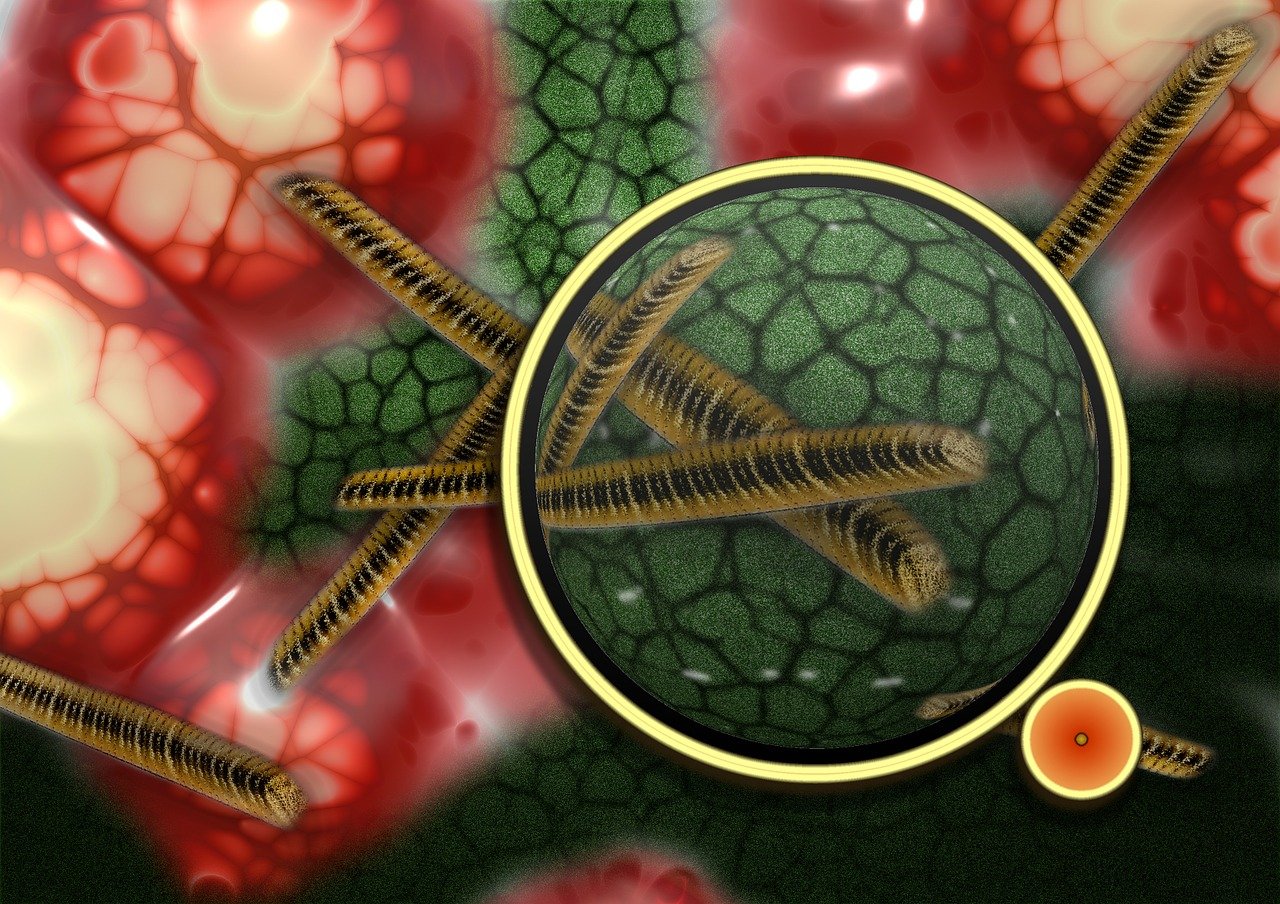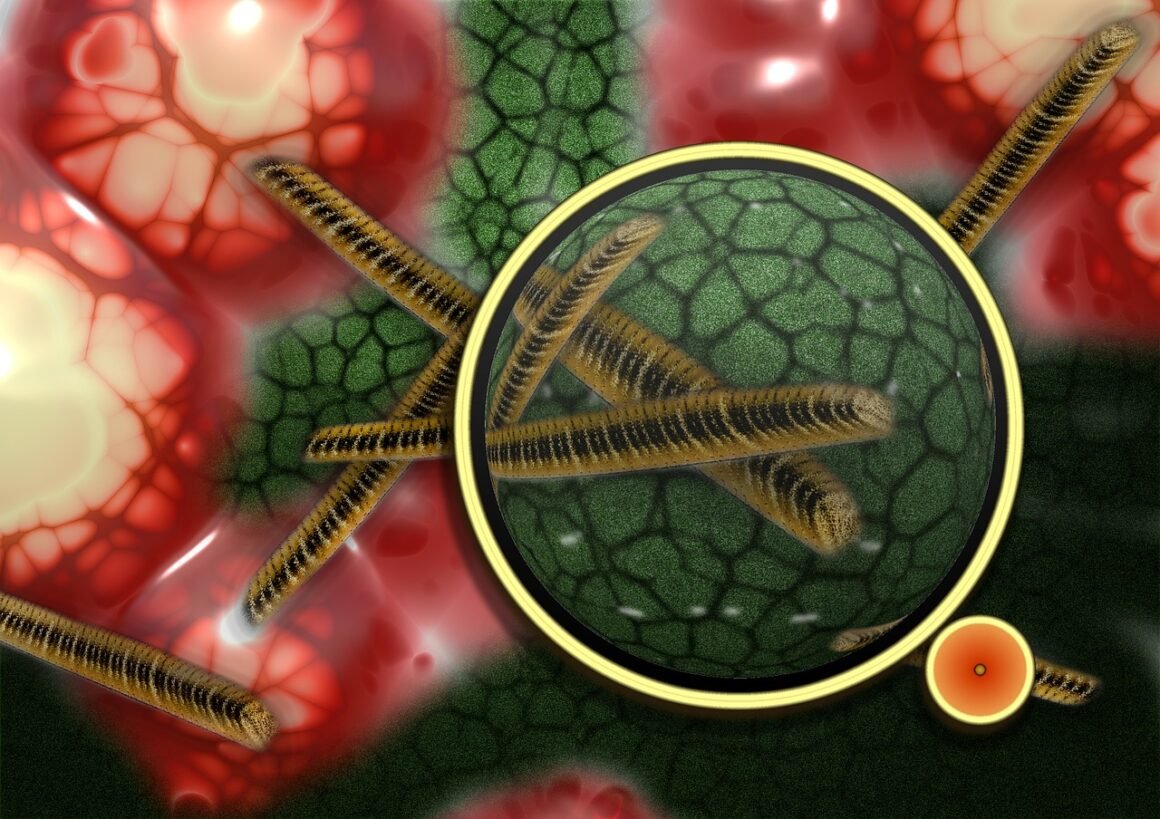Whenever the body’s normal functioning is interrupted by pathogens (bacteria, viruses, fungi, parasites), which multiply upon entering the body, infections are caused. All around the world, infectious diseases are the leading cause of illness and death.
Worst is faced by those who have an underlying chronic condition like heart or cancer, some serious injury, or those who take medication, making the immune system weaker.
Having an infection, along with the health mentioned above care issues, can prove to be fatal. Though infectious diseases are not a problem in developed countries but the microorganisms causing them still exist everywhere.

Logically, if one has to prevent himself/herself from getting infected by a disease-causing pathogen, then it is important to understand how the pathogen spreads.
When science hadn’t made enough progress, it was even difficult to know what caused the infection.
We know that microscopic organisms enter our body through openings, including the nose, ears, mouth, anus, and genital passage, and hence our body is infected.
So, the best way to prevent these pathogens from entering the body is blocking the passage.
Human beings don’t have to ever worry about infections if they maintain their personal hygiene daily.
When talking about infections, a moral thing to do is that if one person gets infected, then he/she should make sure that he/she doesn’t become a carrier.
Read Also:
- How to Promote a Healthy Environment to Ensure Maximum Comfort
- How to Improve Health and Wellness through Feng Shui?
- Elements That Can Help You Create a Healthy Workplace
- 10 Tips to Make Your Home a Healthy and Happy Place
- 5 Ways a Humidifier Easily Improves Your Health
- Health And Safety – What’s The Point?
- The simple act of washing hands is often underestimated. People usually end up washing hands after using the bathroom, after/before eating food, after gardening, and other such activities.
But what they don’t realize is that not washing hands after coughing, sneezing, petting an animal, and tending to a sick person also results in the spread of infections.
Another quite common issue is that people aren’t aware of the proper way of washing hands.
Lathering fingertips, fingernails, and the space between the fingers is also really necessary. If hands are passed in a rush, they are as good as being sneezed into every second.
- Consider which parts of your home are most likely to carry or transmit disease. For example, it’s hard to avoid touching doorknobs in your home, especially on your front door and bathroom doors. Replacing plastic or cheap steel door knobs with copper can significantly decrease how long germs can survive on them.
- Tissues should be used to cover the mouth and nose when coughing or sneezing. Later, they must be disposed of. If tissue isn’t handy, then instead of using hands, sneeze/cough into your elbow.
- Cleaning and bandaging wounds immediately also prevent one from getting an infection. If some metal or an animal bite causes the wound, then a doctor should be consulted.
- It is a common practice to pick at healing wounds and pimples. Don’t. You are just spreading germs by doing this.
- Dishes, glasses, eating utensils, towels, razors, undergarments, and toothbrushes should never be shared.
- An infected person has the moral duty of making others aware of his/her condition and seclude himself/herself from crowded places until he/she recovers.
Foodborne infections are often easily cured, but there have been cases where they have proved to be fatal.
The following tips will help you in avoiding infections from pathogens that might be present in your food.
- Every food item, including meat, poultry, vegetables, and fruits, should be thoroughly washed under running water before being served.
- Before working with raw meat, hands should be washed with soap and water.
- It becomes important to use separate utensils for raw food and cooked food. It is not advisable to use the same bowl and cutting board for raw meat and cooked meat. If multiple utensils aren’t available, then washing them before each use is necessary.
- Though many people like their meat cooked rare, it is a good practice to cook the food properly to avoid any pathogen attack.
Ground meat is cooked to 160-degree F, while steaks are cooked to 145-degree F, and poultry is cooked to 180-degree F.
- Only the refrigerator and microwave should be used to defrost food.
Vaccination is the way towards a healthy lifestyle. No matter if you are young or an adult, it is considered good practice to get immune to numerous infections whose vaccines are available.
Vaccines are nothing but dead or weakened pathogens introduced in our bodies so that our bodies can develop antibodies to fight similar disease-causing pathogens that we may encounter in the future.
Apart from causing some common side-effects like mild fever, vaccines are safe and effective.










